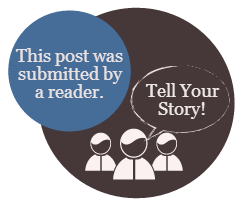Very interested to read some of your very clearly reasoned, explained and referenced posts. I am familiarising myself with the status of the Recovery Model of mental health for my new job and have repeatedly come across critiques of modern psychiatry and the DSM diagnosis. I am encouraged by this line of questioning because I have 7 years experience with the Grow peer support program for recovery and personal development. Like many recovery programs, it largely ignores diagnosis, seeks to recognise and draw out the strength and human potential in all of us and has helped many people to dispense with meds altogether and live a productive, peaceful and happy life. In contrast I have found it heartbreaking to see the dehumanising “flattening” of friends when they have been heavily medicated or zapped. Learning how to constructively experience, integrate and grow from the disappointments and challenges of life has been preventative for me and taken me off the slippery path of unhealthy thoughts and attitudes. Professional therapists need to see psych patients as humans first with intrinsic value and untold potential. They need to see the purpose of medication as the end of medication. Thank you.
Grower
